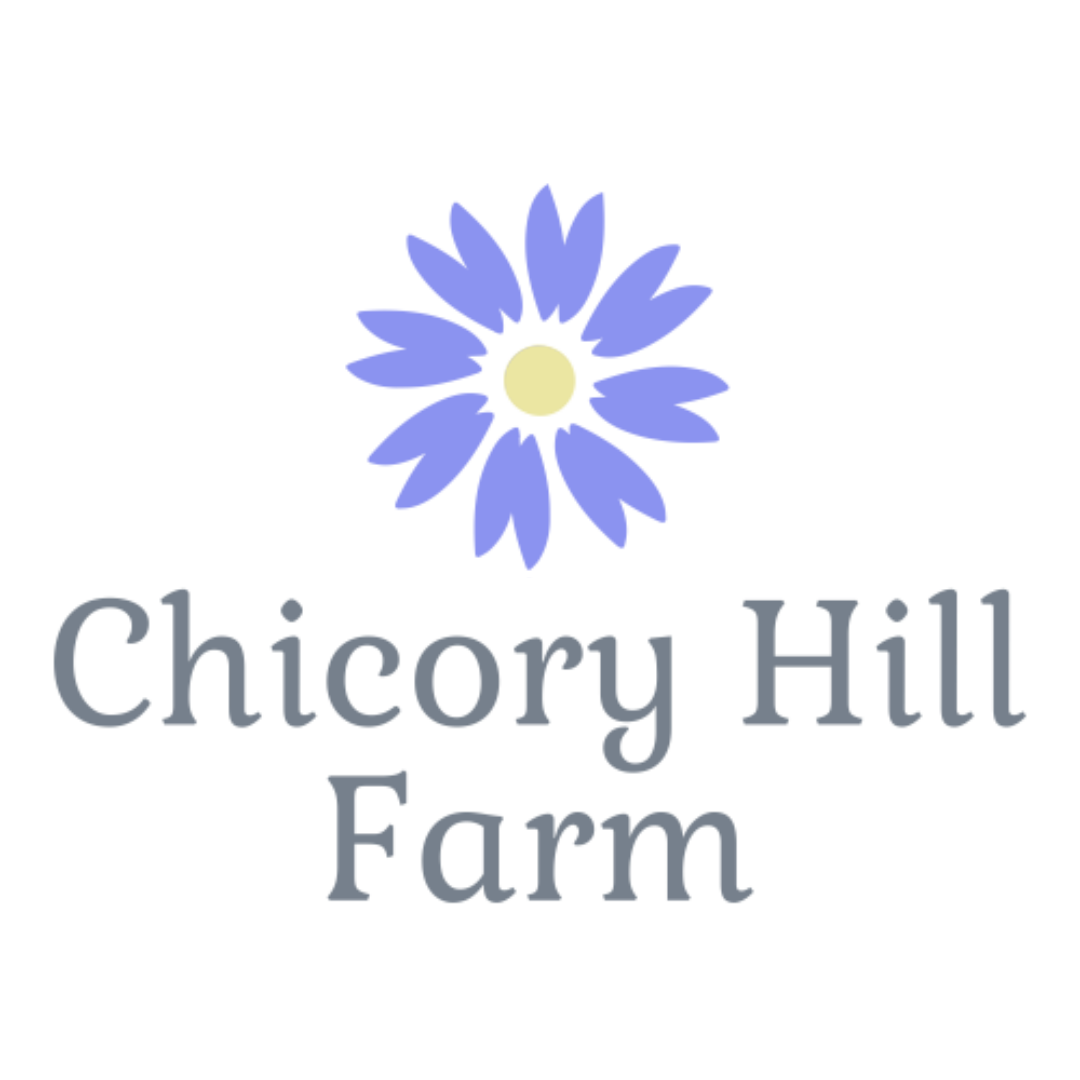Have you heard the term GREENWASHING? I had heard it before but until recently, I didn't really know what it meant.
According to Webster's Dictionary, Greenwashing is the act or practice of making a product, policy, activity, etc. appear to be more environmentally friendly or less environmentally damaging than it really is.
Greenwashing is very prevalent in the food industry, especially with eggs and meat.
The egg & chicken industry uses terms like; cage-free, free-ranged, organic, and even pasture-raised. Let's take a minute to expound on these.
CAGE-FREE: The term cage-free sounds much better than standard eggs but the truth is that these hens are raised very similarly to caged hens. These hens receive the same diet, have very little space to move around and never go outside.
FREE-RANGED: This label makes you think of happy chickens that get to enjoy plenty of fresh air and sunshine. Unfortunately, this isn't the case. These chickens do have access to a little door that goes to a small space outside, but it doesn't even have to be on ground or grass and can be concrete as far as they are concerned. To qualify for the “free-ranged” term, the area only needs to be 10 ft by 10 ft. This outdoor space is rarely used because the chickens prefer to stay close to their food and water. As with the standard conventional chickens, chemicals and antibiotics are regularly used.
ORGANIC: I'm not sure about you, but I don't put a lot of weight on a government stamp of approval. Such is the case with with organically raised chickens for meat and eggs. These birds are typically raised inside, very similarly to conventional chicken. The big difference is that they are fed organic feed. However, the nutritional profile and texture of the meat & eggs does not compare to pasture raised.

PASTURE RAISED: This is where things get really tricky. Maybe you've seen some products in the store labeled "pasture raised". Traditionally, the term pasture raised means that the animals have constant access to fresh grass. In order to do this effectively, animals and their structures must be moved regularly to new ground. It takes a lot of time, effort and land to do this regularly. It's not likely that most products labeled "pasture raised" are actually raised in this fashion. In fact, the truth is that some, if not most, of these so called "pasture raised" chickens are raised in a stationary building with access to a fenced area. Since they aren't moved regularly, this fenced area becomes a dirt lot very quickly. In fact, some farmers actually die their egg yolks to make them a darker orange color.
GRASS FED: For a cow to be considered grass fed, it just has to have eaten grass at some point in its life. The thing is, ALL cattle eat grass at some point. The majority of beef cattle are born on pasture where they can eat grass for the first part of their life. Then they are shipped to a feedlot where they are "fattened" on the cheapest feed possible. These cattle don't see grass anymore. In fact, these feedlots are often mud pits or dust bowls, depending on the weather.

ALL-NATURAL: The term "All-Natural" simply means that the meat has not been altered. You can buy "all natural" beef that comes from cattle raised in a feedlot where they are fed a diet of chemically sprayed grains, gummy worms and chicken manure. (Yes, feedlot beef is given candy, dead chickens, and a host of other gross things in their feed ration.🤮)
The current food system is really jacked up! They seek to produce "food" as cheap and as fast as possible, with little regard to the consumer health, the environment or animal welfare. The growing trend of pasture raised foods and other real foods has the big food companies seeking to retain market share. This is why we're seeing this greenwashing.
It's apparent that we can't trust the big food companies or many of the labels on the foods sold in the store.
So, what do we do?
Buy your food products directly from the farmers that produce them. Vet your farmers to make sure their values align with yours. This is the only way that you can know with certainty that you're getting the real food you want to feed your family.


